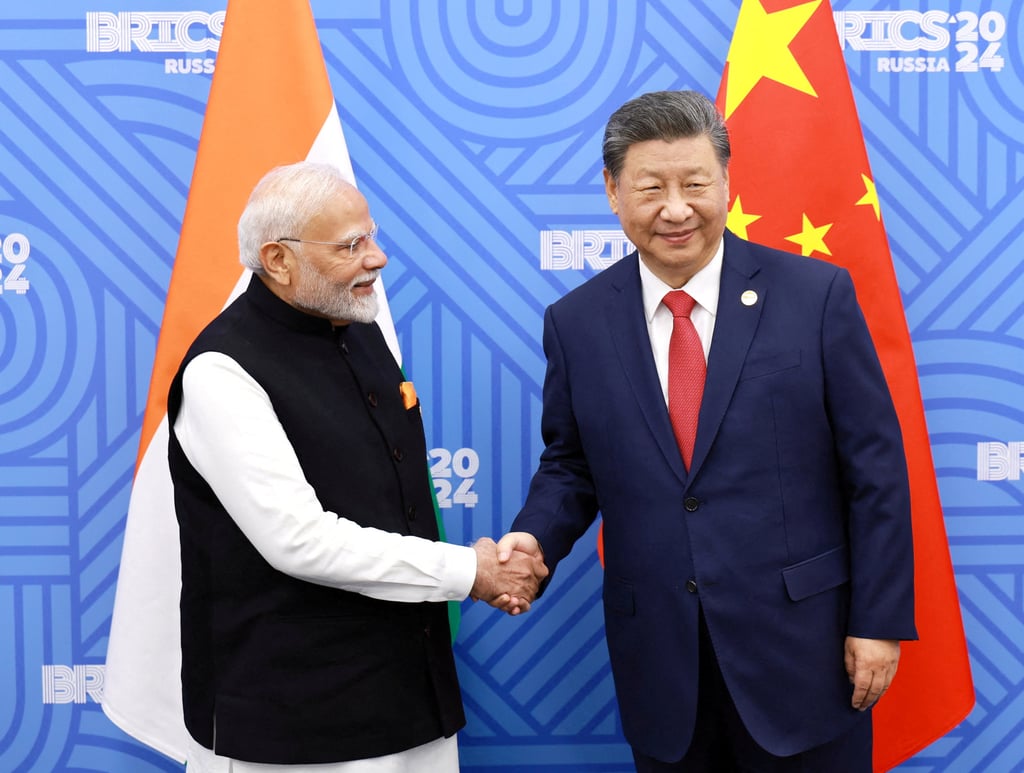India and China have long been locked in a delicate dance – neighbours bound by geography but divided by history, borders and ambitions.
Now, Beijing’s plans to construct the world’s largest hydroelectric dam have emerged as a fresh irritant along their disputed border, just as Donald Trump prepares to reclaim the White House. His threats of massive tariffs on the Brics bloc, to which both belong, raise questions about whether these two Asian giants can set aside their differences to confront a common economic challenge.
Last month, the incoming US president said that he would impose 100 per cent tariffs on Brics members if they went ahead with a long-standing plan to create a rival currency to the US dollar. He has also threatened lower tariffs of 10 to 20 per cent on all imports to the United States, and 60 per cent on goods from China.
“This time Trump’s rhetoric has been really shrill,” said economist Biswajit Dhar of the Council for Social Development in New Delhi. “That could potentially bring India and China closer together if he goes after both the countries. All this could come around in the Brics framework and prompt them to take a common position.”

Brics – a loose alliance of nations that most recently added Indonesia as a full member – has long been billed as a potential counterweight to Western economic dominance. Internal divisions have hampered its cohesion, however.

 By South China Morning Post | Created at 2025-01-19 00:09:35 | Updated at 2025-01-19 03:05:12
3 hours ago
By South China Morning Post | Created at 2025-01-19 00:09:35 | Updated at 2025-01-19 03:05:12
3 hours ago








